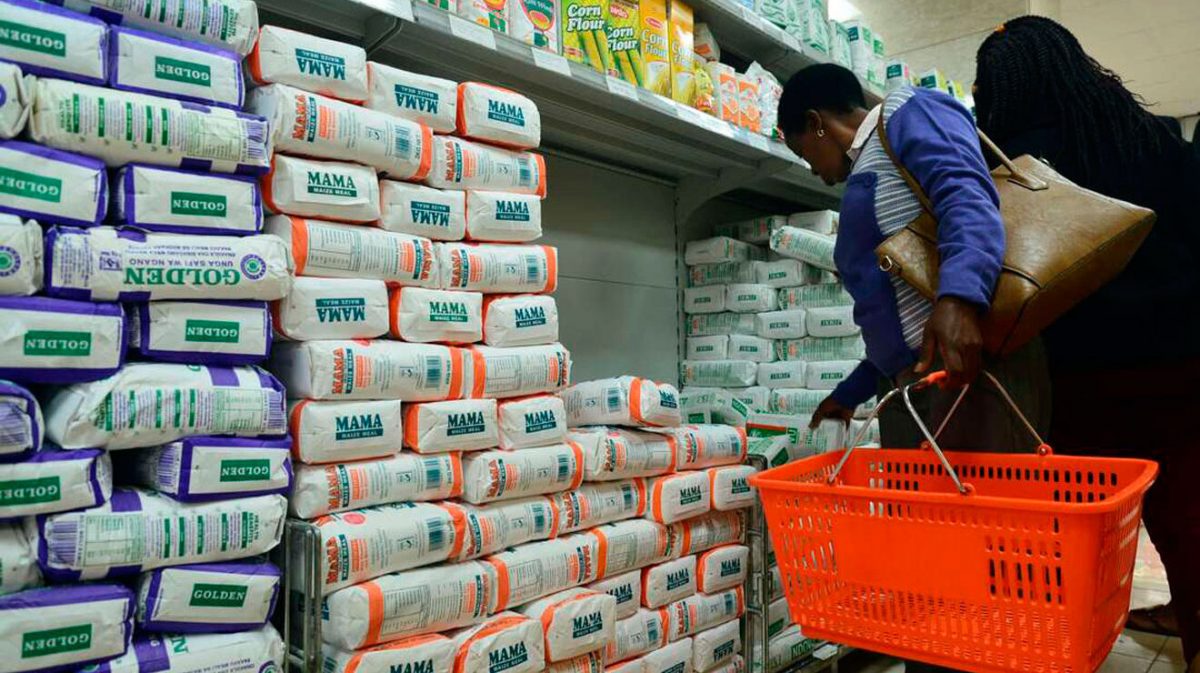Industrialists warn State against flooding market with duty-free products

The Government is in limbo over importation of affordable products and protecting margins for local traders, even as households decry the high cost of living.
Caught in the cross hairs are manufacturers- producers of local products- who have faulted authorities’ intention to import some finished products duty free, ostensibly to stabilise their prices as factories operate below capacity.
This scenario played out late last month, when Industry, Trade and Investment Cabinet Secretary Moses Kuria played to the gallery of traders, drawn from Gikomba, Nyamakima, Muthurwa and Eastleigh by ordering closure of China Square Mall, who said the cheap products imported from China and sold in the mall promoted unfair competition.
Kuria has not yielded ground, instead advocating for import substitution. He has instead asked Parliament to support his ministry’s anti-dumping proposed legislation, even as the government’s is moves ahead with plans to import 125,000 tonnes of edible oil/ fats through the Kenya National Trading Corporation (KNTC) for the next one year to stabilise prices.
“We have not forced anybody to close their businesses. But we deserve the right to give opinions. My opinion is we should be encouraging people to set up factories here to sell goods here because what they are selling here is not rocket science. We can do it here. That decision is not changing and I stand by it,” the CS said.
Speaking to the Business Hub, Kenya Association of Manufacturers (KAM) chairman Rajan Shah said flooding the local market with the duty free products at a time factories were operating at 60 per cent capacity will dent the sector’s revenue by over Sh3.5 billion, with an estimated 40,000 workers on the chopping board.
“We do understand the challenges of emerging issues like importation of finished goods like edible oils, maize and rice. Some of these we have shortages, some we have excess capacity in the country to produce and we are encouraged to work with the government to see how we can use this capacity by the local manufacturers to still achieve the same objective of reducing the cost of living to the mwananchi,” Shah said.












